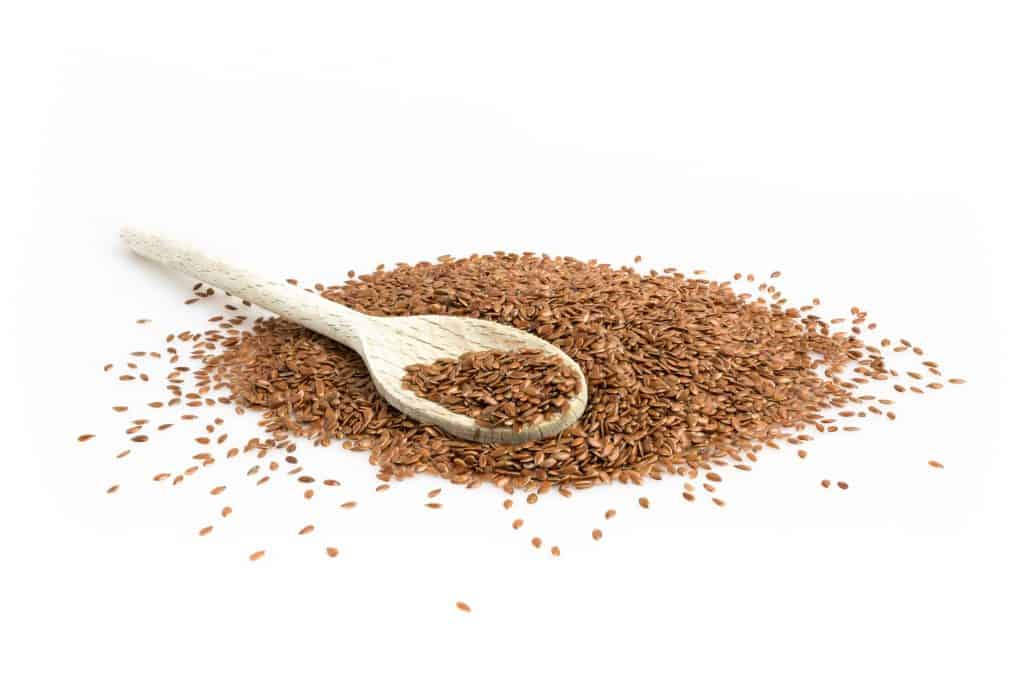QHC for Cranberry Products and Reduced Risk of Recurrent Urinary Tract Infection in Healthy Women
FDA has published a letter of enforcement discretion, which it sent to legal counsel for Ocean Spray Cranberries, Inc., that authorizes a qualified health claim (QHC) for specific cranberry products when consumed in specific amounts by specific people. The substantiation for the diet-disease relationship warranted a “limited and inconsistent” or “limited” scientific evidence qualifier. Based […]
















